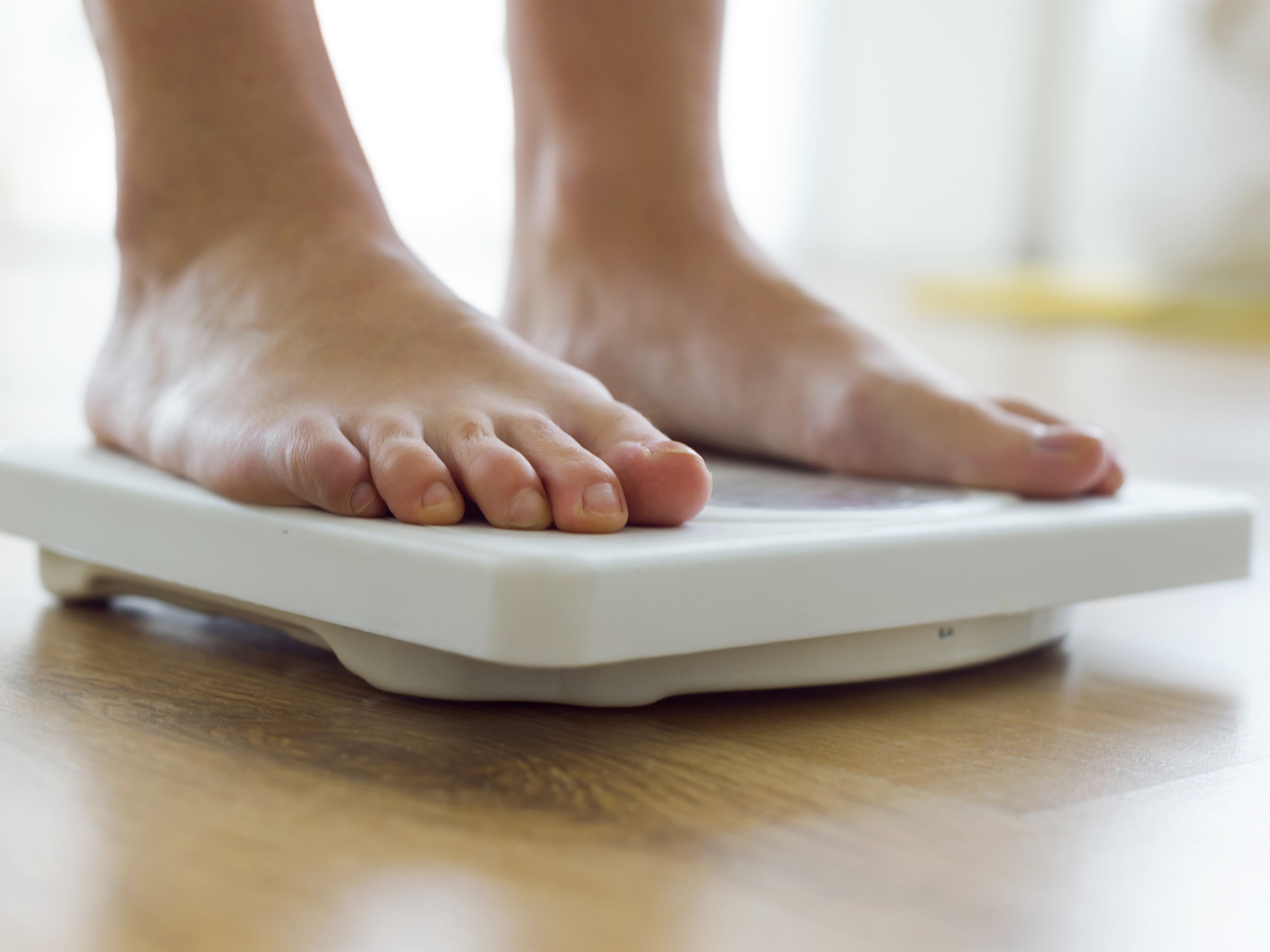Artificial Sweeteners & Weight

Worse, these sweeteners may be contributing to type 2 diabetes, according to researchers at the University of South Australia. Study leader Peter Clifton, a professor of nutrition, noted that a seven-year U.S. study of 5,158 adults found that those who consumed large quantities of artificial sweeteners gained more weight than their non-using peers. He added that these products promote alterations in gut bacteria, which may be why they lead to weight gain. While carrying additional pounds increases the risk of type-2 diabetes, the direct influence of these sweeteners is still to be determined. They also have been linked to increased risks of death, cardiovascular diseases, stroke and dementia among older people, although Professor Clifton said it isn’t clear why the sweeteners have these effects.
My take? We have no scientific evidence that consuming artificially sweetened foods and beverages leads to weight loss. In fact, the latest investigation on the subject found no positive effect on weight loss, and actually linked regular intake of these sweeteners with higher risks of gaining weight, obesity, high blood pressure, diabetes, heart disease and other health problems. Since artificially sweetened foods and drinks haven’t made a dent in our national obesity epidemic and seem to be doing more harm than good, I believe you’re better off avoiding them.
Source:
Peter Clifton et al, “Non-nutritive Sweeteners and Glycaemic Control,” Current Atherosclerosis Reports, November 19, 2019.
More from this week’s bulletin:
- Green Spaces & Women’s Weight
- Peanut Allergies & Tree Nuts
- A tasty Japanese street food to try: Japanese Pancake
Sign up for Dr. Weil’s Newsletters












